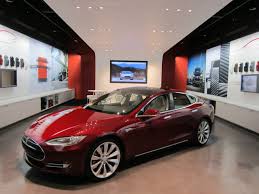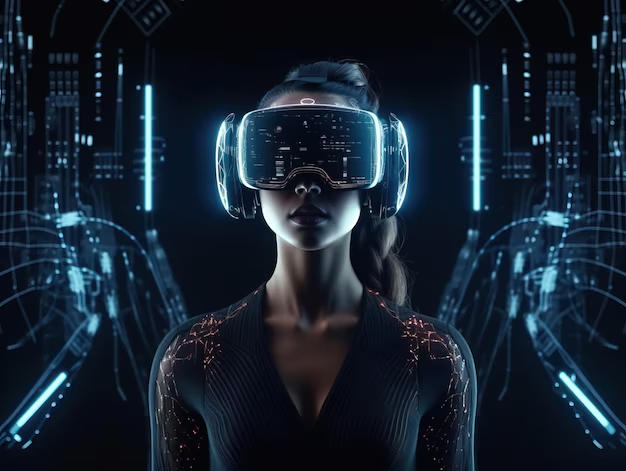Tesla has successfully convinced a California judge to dismiss a lawsuit alleging the company misled investors regarding the capabilities of its Full Self-Driving (FSD) system. The ruling, delivered by Federal District Judge Araceli Martínez-Olguín, handed Tesla, CEO Elon Musk, and two former CFOs a significant legal victory. The court found that plaintiffs failed to prove any intentional deception by Tesla to exaggerate the prowess of its Autopilot and FSD technologies.
Judge Martínez-Olguín highlighted that the plaintiffs did not provide sufficient evidence to support claims of a fraudulent scheme aimed at misleading investors. Even acknowledging existing safety concerns with Autopilot, the judge noted these issues did not inherently imply that Tesla’s assertions about the technology’s safety were false or misleading.
The original securities fraud complaint, filed the previous year, centered on statements made by Tesla executives, including Musk and former CFOs Zachary Kirkhorn and Deepak Ahuja. The shareholders contended that these assertions, amid ongoing investigations and reports of Autopilot-related accidents, suggested a deliberate misrepresentation of the self-driving technology’s capabilities, allegedly inflating Tesla’s stock price. The subsequent decline in share value prompted shareholder losses, forming the basis of their legal action.
However, the judge determined the allegations under Section 10(b) of the US Securities and Exchange Act did not hold water. The challenged statements were deemed either not false or speculative in nature, with other remarks dismissed as typical corporate optimism.
Additional allegations, including claims of Musk’s insider trading based on internal company insights, were also rejected. The judge found no connection between Musk’s management style and any misleading statements.
While the plaintiffs were granted an opportunity to amend their complaint, any revised allegations must be submitted by the end of October, specifically focusing on certain safety-related statements.
This legal win marks Tesla’s second courtroom success against shareholder claims since 2023, following a previous dismissal involving securities fraud allegations linked to Musk’s 2018 tweet about taking Tesla private.
Despite this victory, Tesla continues to face legal challenges regarding its self-driving technology, including a separate court case and an ongoing Department of Justice investigation. California is also pursuing legal action, claiming Tesla’s Autopilot marketing constitutes false advertising. A recent report by AMCI Testing found Tesla’s FSD system to be capable yet prone to sudden failures, raising concerns about driver attentiveness and safety.









